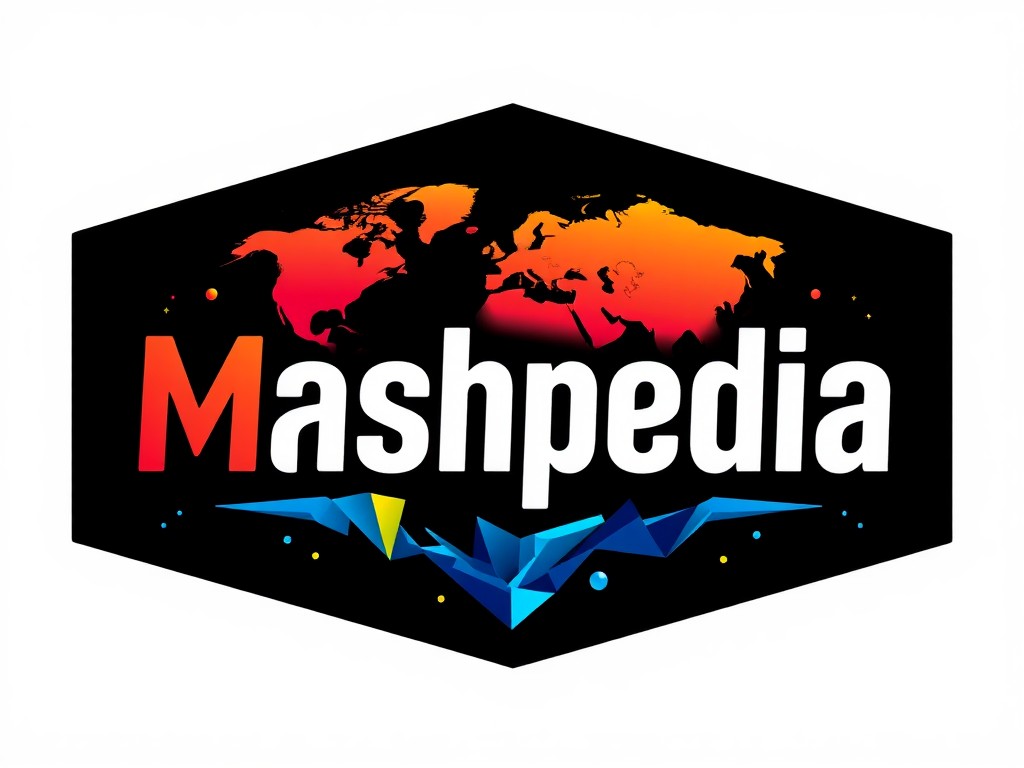Understanding the Importance of Mental Health in Equestrian Sports
The significance of mental health in equestrian sports cannot be overstated, as it is intricately tied to rider performance. Mental health directly influences how effectively a rider can engage with their horse and execute tasks with precision. Equestrian sports demand not only physical agility but also sharp mental acuity. Thus, rider well-being is pivotal in ensuring optimal equestrian performance.
Riders often encounter common mental health challenges, such as performance anxiety, fear of failure, and burnout. These challenges can stem from the intense competitive pressure faced in the sport. The impact of stress and anxiety on riding skills is profound, often impairing a rider’s ability to focus, make quick decisions, and maintain composure under pressure. For instance, heightened anxiety may affect a rider’s coordination, resulting in less synchronised movements with their horse.
Also to discover : Revolutionizing competitive rowing: how augmented feedback devices maximize stroke efficiency and performance
To mitigate these challenges, it is beneficial for riders to adopt strategies promoting mental resilience and emotional stability. Facilitating open conversations about mental health in equestrian circles can foster a supportive environment, encouraging riders to seek help when necessary. Taking proactive measures to support rider well-being is not just an option but a necessity in equestrian sports, ensuring sustained performance aligned with the athlete’s mental health.
Overview of Mobile Apps for Mental Health Support
The rise of mobile apps for mental health has significantly augmented the support available for riders in equestrian sports. These digital tools for riders are crafted to address the unique mental health challenges equestrians face, enhancing rider well-being and performance.
In the same genre : Elevate your game: how hydrotherapy enhances recovery and performance for elite boxers
Several popular equestrian apps are tailored explicitly for mental health support, allowing riders to access resources that help manage stress, anxiety, and burnout. Key features of effective mental health apps include user-friendly interfaces, tailored exercises, and tracking capabilities for mood and mental state. For example, some apps offer mindfulness sessions specifically designed to improve focus, a crucial aspect of equestrian performance.
Moreover, mobile technology makes mental health support more accessible than ever. Riders can engage with these resources anytime and anywhere, ensuring that help is always at hand, even on the go. The portability and convenience of apps mean that riders can integrate them seamlessly into their daily routines, ensuring consistent engagement and support.
Overall, the effective use of mobile apps for mental health not only offers immediate assistance but also plays a pivotal role in long-term mental health management, allowing equestrians to maintain a balance between their mental well-being and sporting commitments.
Case Studies of Riders Benefiting from Mobile Apps
Leveraging digital tools for riders, many equestrians have experienced transformative mental health improvements through mobile apps. These mental health success stories emphasize the positive impact digital resources can have on a rider’s mental well-being and, consequently, their performance.
Successful Outcomes from App Utilization
Rider testimonials illustrate significant enhancements in managing stress and anxiety, key factors in maintaining equestrian performance. Take, for example, a competitive dressage rider who reported reduced competition anxiety after consistent engagement with a mindfulness app. Such accounts underscore the app’s roles in refining focus and augmenting mental resilience.
Personal Experiences Shared by Riders
Personal experiences also highlight diverse app functionalities that cater to equestrian-specific needs. Riders often cite tracking capabilities and tailored exercises as instrumental in fostering a deeper awareness of their mental health status. By sharing these narratives, the equestrian community builds a robust support network amongst its members.
In-depth Analysis of Specific Apps Used
Some apps offer unique features like biofeedback and adaptive stress management techniques, making them particularly effective for riders. In-depth case studies reveal that these adaptive approaches enable equestrians to achieve a harmonious balance between their sporting commitments and mental health management. This reinforces the invaluable aid digital tools provide in aligning rider well-being with performance.
Expert Insights on Mental Health in Equestrian Sports
Incorporating mental health strategies for riders is essential for promoting well-being in equestrian sports. Expert opinions on equestrian mental health emphasize the role of tailored approaches in tackling common challenges such as performance anxiety and stress. Interviews with mental health professionals in the equestrian community offer valuable insights into effective practices. These experts stress that developing personalised mental health plans can significantly enhance a rider’s focus and composure.
Industry professionals recommend including features such as mood tracking, guided meditations, and biofeedback in mobile apps. These tools help riders monitor their mental states, providing vital data to make informed decisions about their well-being. Professional insights on app usage highlight the importance of customisation, ensuring that the apps cater to individual rider needs.
Additionally, trainers and coaches play a pivotal role in promoting mental health awareness. By integrating mental health discussions into training programs, they create a supportive environment that encourages open communication. This collaborative effort between riders, mental health experts, and coaches builds a community dedicated to maintaining rider well-being while improving equestrian performance. Such holistic approaches ensure that mental health remains a priority in the quest for sporting excellence.
Practical Tips for Using Mobile Apps Effectively
Incorporating mobile apps for mental health into daily routines can significantly bolster a rider’s resilience and performance. To make the most of these rider resources, it’s essential to integrate apps in a consistent and practical manner.
Step-by-Step Guide to Integration
-
Start Small: Begin by dedicating a few minutes daily to engage with the app. This gradual introduction helps in building a habit without overwhelming the schedule.
-
Schedule Notifications: Use app alerts to prompt mental health check-ins or mindfulness sessions, ensuring they become a part of your routine.
Best Practices for Consistent Use
-
Set Goals: Establish short-term and long-term objectives to track progress. This creates a sense of achievement and motivates continued use.
-
Review Data Regularly: Analyze trends in mood and stress levels provided by the app’s tracking features. This data can inform adjustments in routines or practices.
Encouraging Community and Support
Many apps feature community forums or group activities, encouraging riders to connect with peers. Engaging with these features fosters a support network, crucial for sustained mental health improvement. Sharing experiences not only enhances personal growth but also strengthens the collective well-being of the equestrian community.











